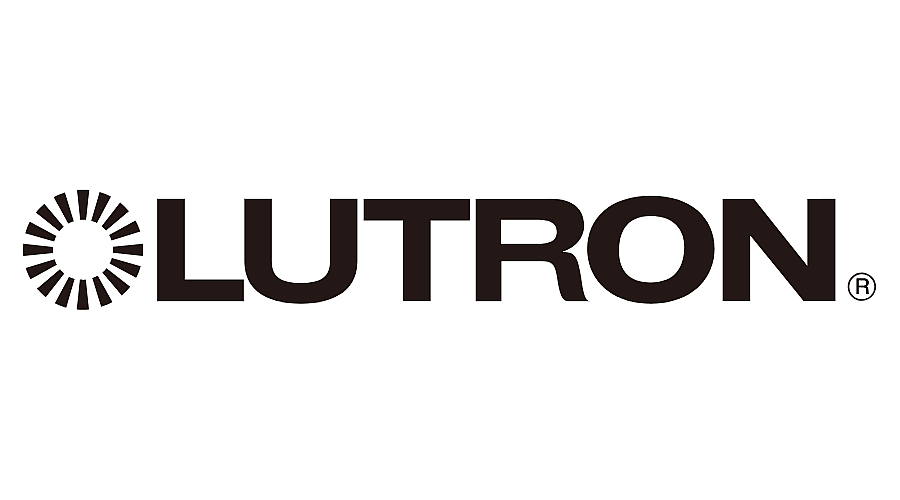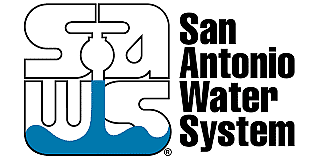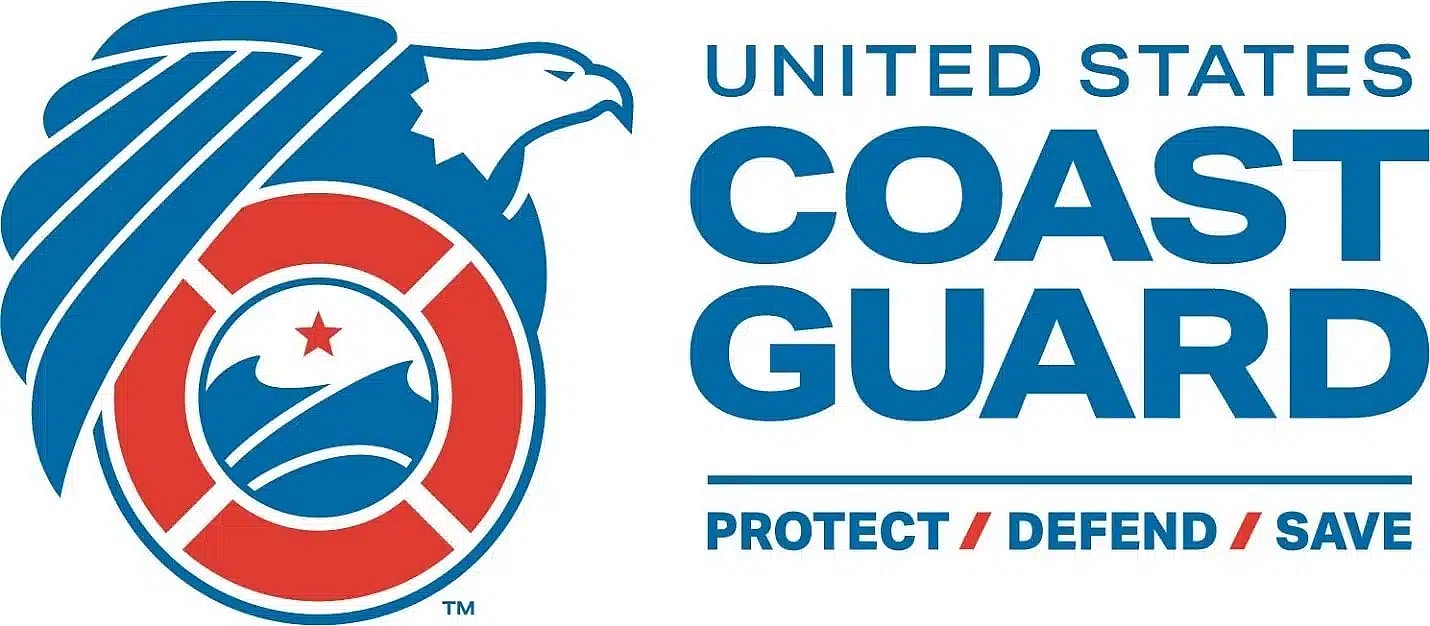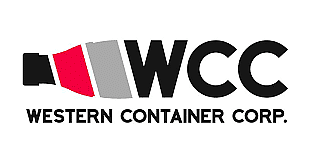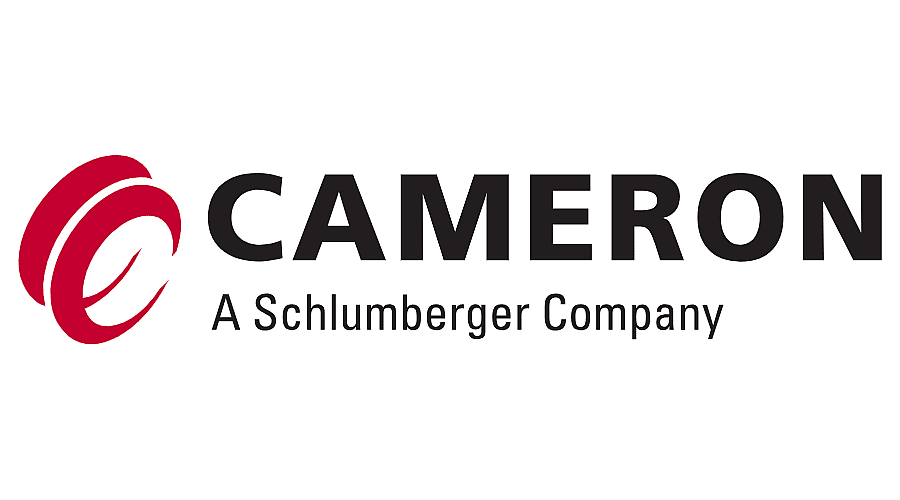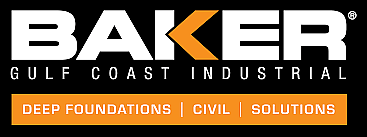How To Prevent Flow-Accelerated Corrosion
There are many different types of corrosion that can affect metals in varying manners. One of the common types is flow-accelerated corrosion. This form affects metals by removing the magnetite layer which exposes steel to further corrosion, wall thinning, and other implications of deterioration. Learn more about how to prevent flow-accelerated corrosion to better protect your metal structures.
Control Fluid Velocity
If there is fluid flowing inside or outside of the metal structure, then there is a higher chance for flow-accelerated corrosion to occur. An example is a pipeline. Pipelines are typically used to transport liquid across great distances. If the flow of the liquid is at a high velocity, then the friction is known to lead to a higher chance of flow-accelerated corrosion. If possible, try to reduce and control the fluid velocity level of your pipeline or other application. This change won’t guarantee prevention, but it improves the chances.
Using Corrosion-Resistant Metals
Using corrosion-resistant metals is another great way to prevent all types of corrosion. This is a consideration that is most helpful before creating a structure. Whenever building a new structure out of metal you should consult a corrosion expert to ensure you’re using a metal alloy that resists corrosion while acting effectively for your application.
Cathodic Protection
Cathodic protection is the best way to prevent any type of corrosion. This corrosion prevention method works to repel corrosion through the changing of anodes into cathodes on an outer layer of the metal structure. These cathodes act as a sacrificial layer, attracting corrosion to them and protecting the structure.
Contacting professional corrosion consulting services is the most effective and proactive way to ensure your metal applications are protected from all types of corrosion. At Dreiym Engineering, we employ NACE-certified engineers who know how to prevent flow-accelerated corrosion, along with other corrosion types. Contact us today for more information about our corrosion consulting services.

















